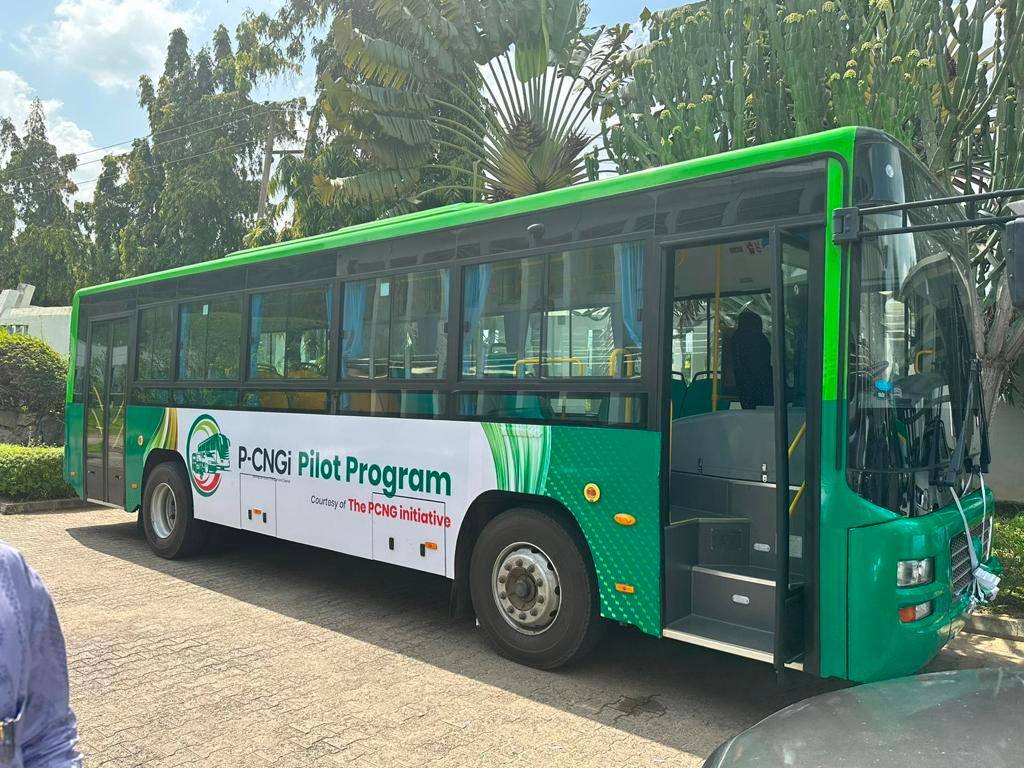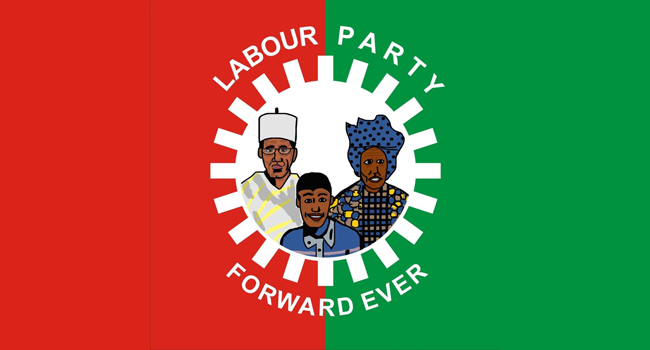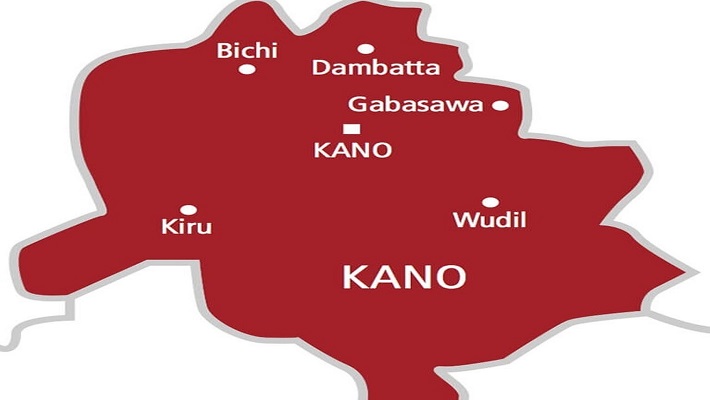As part of its Compressed Natural Gas (CNG) initiative, the Federal Government has introduced a Conversion Incentive Programme aimed at promoting CNG adoption, particularly in mass transit and commercial vehicles. This initiative, spearheaded by President Bola Tinubu, seeks to ensure widespread acceptance and implementation of CNG conversion across the country.
The campaign was launched in Lagos, attracting representatives from key transport associations, including the Nigerian Association of Road Transport Owners (NARTO) and the Nigerian Union of Road Transport Workers (NURTW), as well as tricycle operators known as ‘Keke Napepe.’ Participants from various Southwest states, including Ogun, Ekiti, Osun, and Oyo, gathered to engage with the initiative.
Omoh Omoukhuede, the Commercial Operations Manager at the Presidential Initiative on Compressed Natural Gas (PICNG), announced that the government plans to deploy 10,000 CNG conversion kits in the coming weeks to various locations, including Ogun, Oyo, Kaduna, and Abuja. "This means that CNG is here to stay," he affirmed, noting the government's directive to convert one million cars by 2027.
READ ALSO
NNPC Reduces Stake in Dangote Refinery to Invest in Compressed Natural Gas (CNG) Stations
Nationwide Deployment of Compressed Natural Gas (CNG) Vehicles Underway
Omoukhuede emphasized the significant cost savings associated with CNG, stating that while filling a typical vehicle could cost between 40,000 to 50,000 naira, converting to CNG would reduce that cost to around 5,000 naira for the same distance. He highlighted the urgency of transitioning to alternative fuel sources amidst the current fuel crisis, stating, "Gas is one of them."
Michelle Ejiofor, Chief Operating Officer of Portland Gas Limited, echoed these sentiments, emphasizing the environmental benefits of CNG, which produces lower emissions compared to petrol. She encouraged Nigerians to embrace the initiative, noting that retrofitting mass transit vehicles with CNG could lead to lower transportation and food costs.
The conversion process will follow a first-come, first-served basis, with vehicles undergoing inspections and diagnostics to ensure they meet safety standards before conversion. Ejiofor mentioned that the center has received 50 kits to convert commercial vehicles, with ongoing efforts to attract more participants.
The initiative aims not only to reduce transportation costs but also to promote cleaner energy solutions, ultimately benefiting the Nigerian economy and environment.




